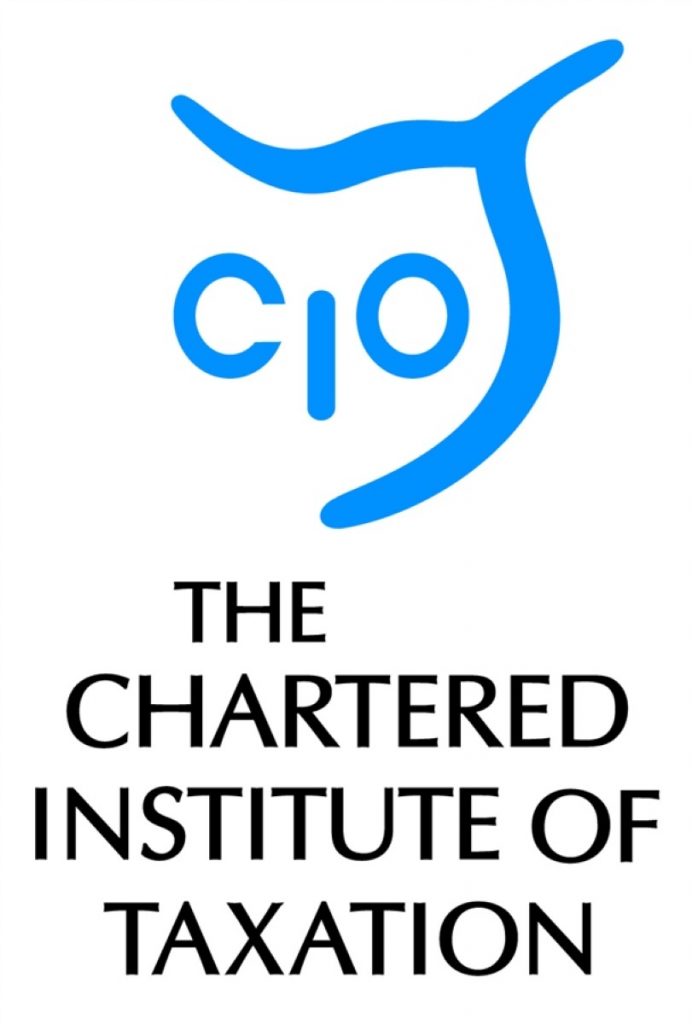ATT challenges plans to scrap main residence election rules
The Association of Taxation Taxations (“ATT”) has criticised the Government’s plans to scrap the rule allowing those owning more than one property to choose which property counts as their main residence.
The ATT sets out its view in its response1 to the consultation on ‘Implementing a capital gains charge on non-residents’. The consultation, issued jointly by the Treasury and HMRC2, contained the previously unannounced and unexpected proposal that the ability of anyone (whether resident in the UK or abroad) to elect which residence should attract the Capital Gains Tax (“CGT”) main residence relief, where an individual has more than one residence, should be removed.
Natalie Miller, President of the ATT, commented:
“The proposal to remove the main residence election was announced in a consultation document essentially to do with charging CGT on the gains made by non-residents on the disposal of residential property in the UK. So it was a surprise to find that it included a proposal that could be of major significance for many ordinary UK taxpayers. The Government’s motivation for the proposal is to prevent non-residents, when brought within the CGT charge on UK residential property, being able to avoid the new rules by claiming main residence relief on a UK property.
“We believe that this proposal will have many unintended consequences. It will also involve the creation of complex transitional rules to deal with elections already in place when the new provisions come into effect in April 2015, requiring a lot of legislation to be rewritten. We can understand why it might be considered appropriate to extend CGT to non-residents for residential property in the UK but we do not think that sufficient consideration has been given to possible alternative measures that would avoid potentially impacting any UK taxpayer who happened to have more than one residence at a time (whether owned or simply rented).
“We have suggested to the Government that they could address their concerns over the potential misuse of the main-residence elections by non-residents through a relatively simple change to the Statutory Residence Test (“SRT”) so that any claim to CGT main residence relief on a UK property would lead automatically to that individual being treated as a UK resident.
“We appreciate that the SRT was only brought into use last year, but we think that it must surely be easier to make an amendment to relatively new legislation that only concerns people who are not obviously resident in the UK than to unravel legislation that impacts many UK residents and over-ride associated case-law that has been place for much longer.”
Notes for editors
1. ATT’s full response to the consultation can be read here.
2. HMRC’s Consultation, Implementing a capital gains tax charge on non-residents, can be read here.
3. Association of Taxation Technicians
The Association is a charity and the leading professional body for those providing UK tax compliance services. Our primary charitable objective is to promote education and the study of tax administration and practice. One of our key aims is to provide an appropriate qualification for individuals who undertake tax compliance work. Drawing on our members' practical experience and knowledge, we contribute to consultations on the development of the UK tax system and seek to ensure that, for the general public, it is workable and as fair as possible. Our members are qualified by examination and practical experience. They commit to the highest standards of professional conduct and ensure that their tax knowledge is constantly kept up to date. Members may be found in private practice, commerce and industry, government and academia.
The Association has over 7,500 members and Fellows together with over 5,000 students. Members and Fellows use the practising title of 'Taxation Technician' or ‘Taxation Technician (Fellow)’ and the designatory letters 'ATT' and 'ATT (Fellow)' respectively.





-01.png)